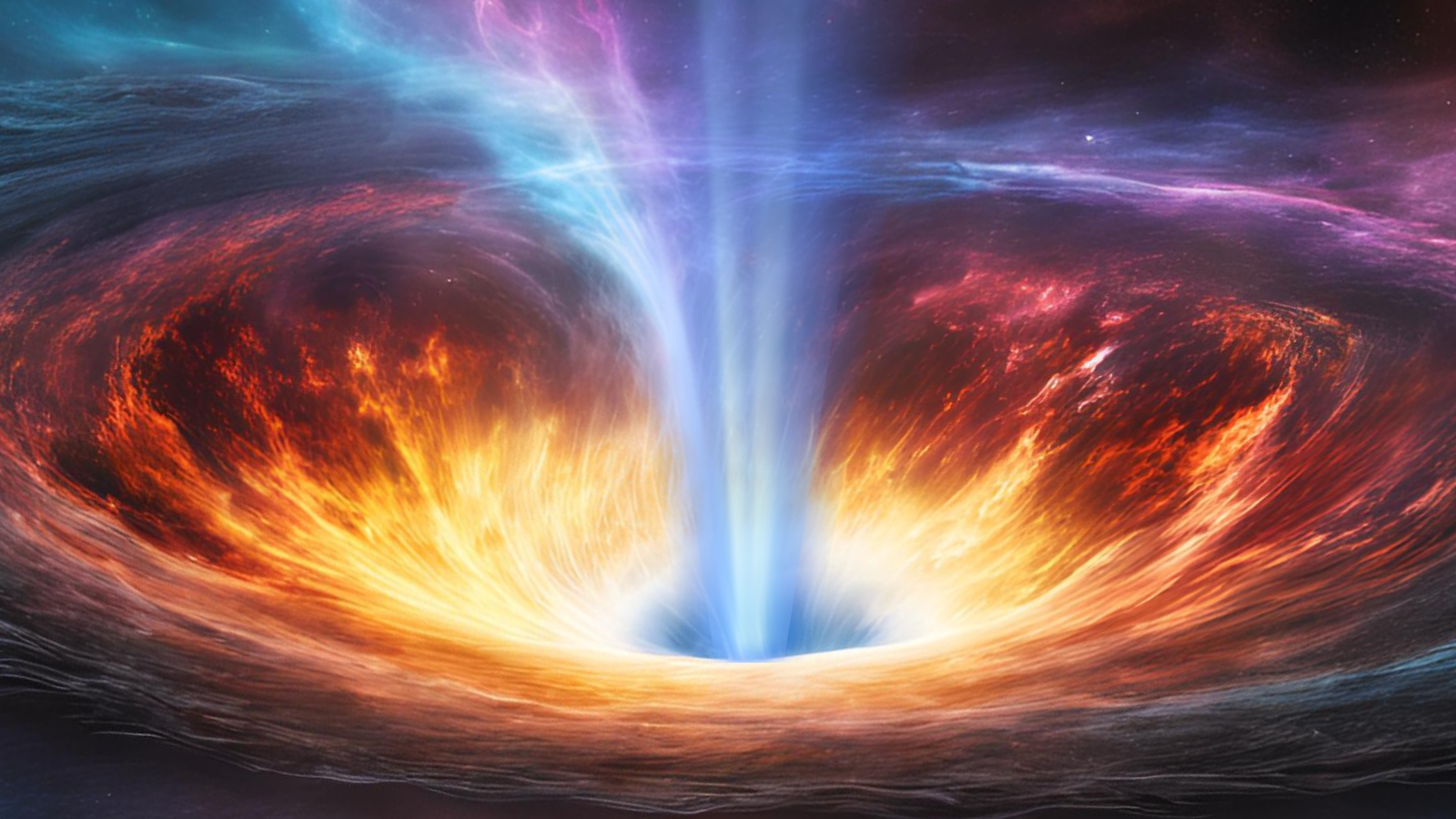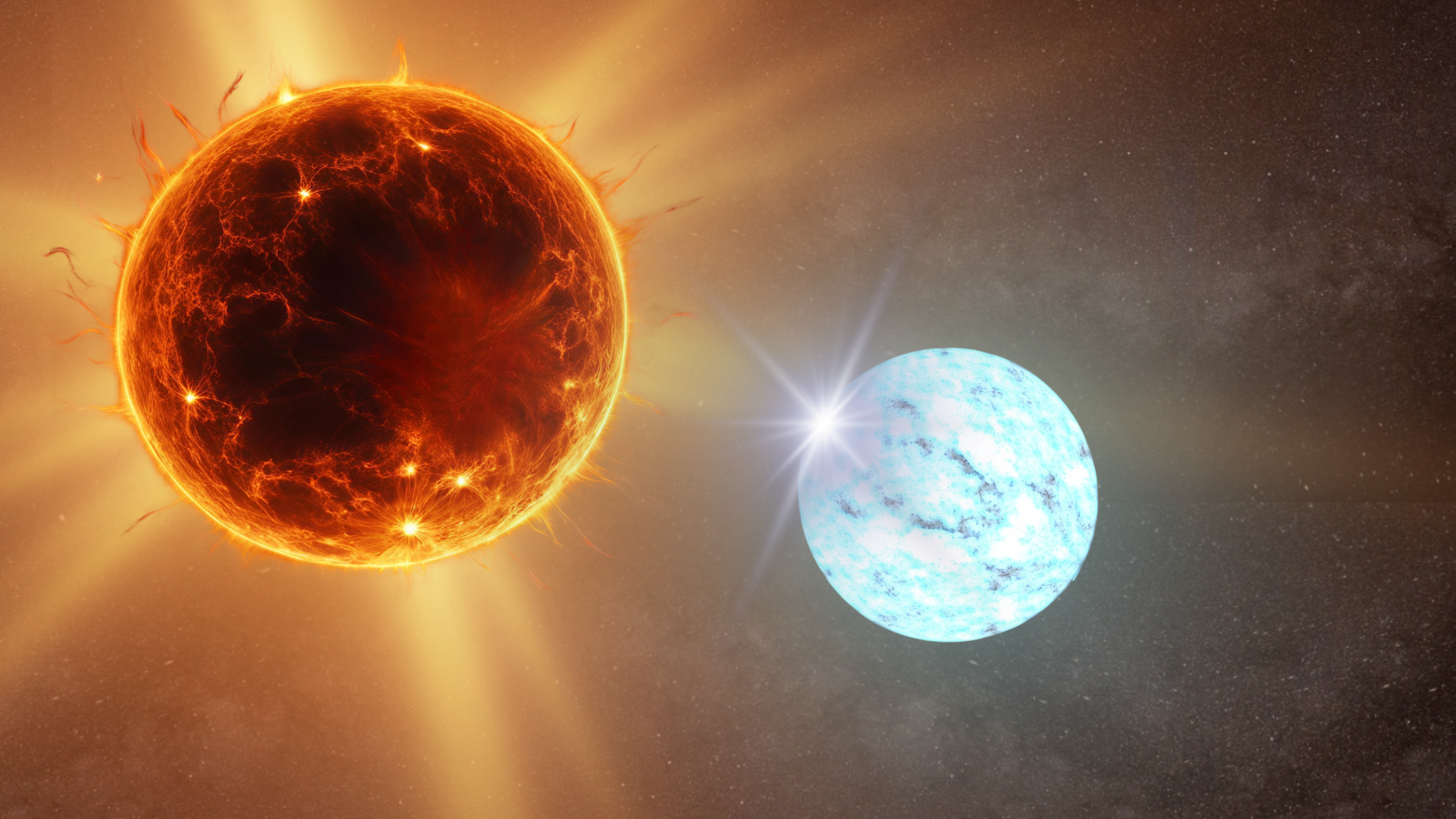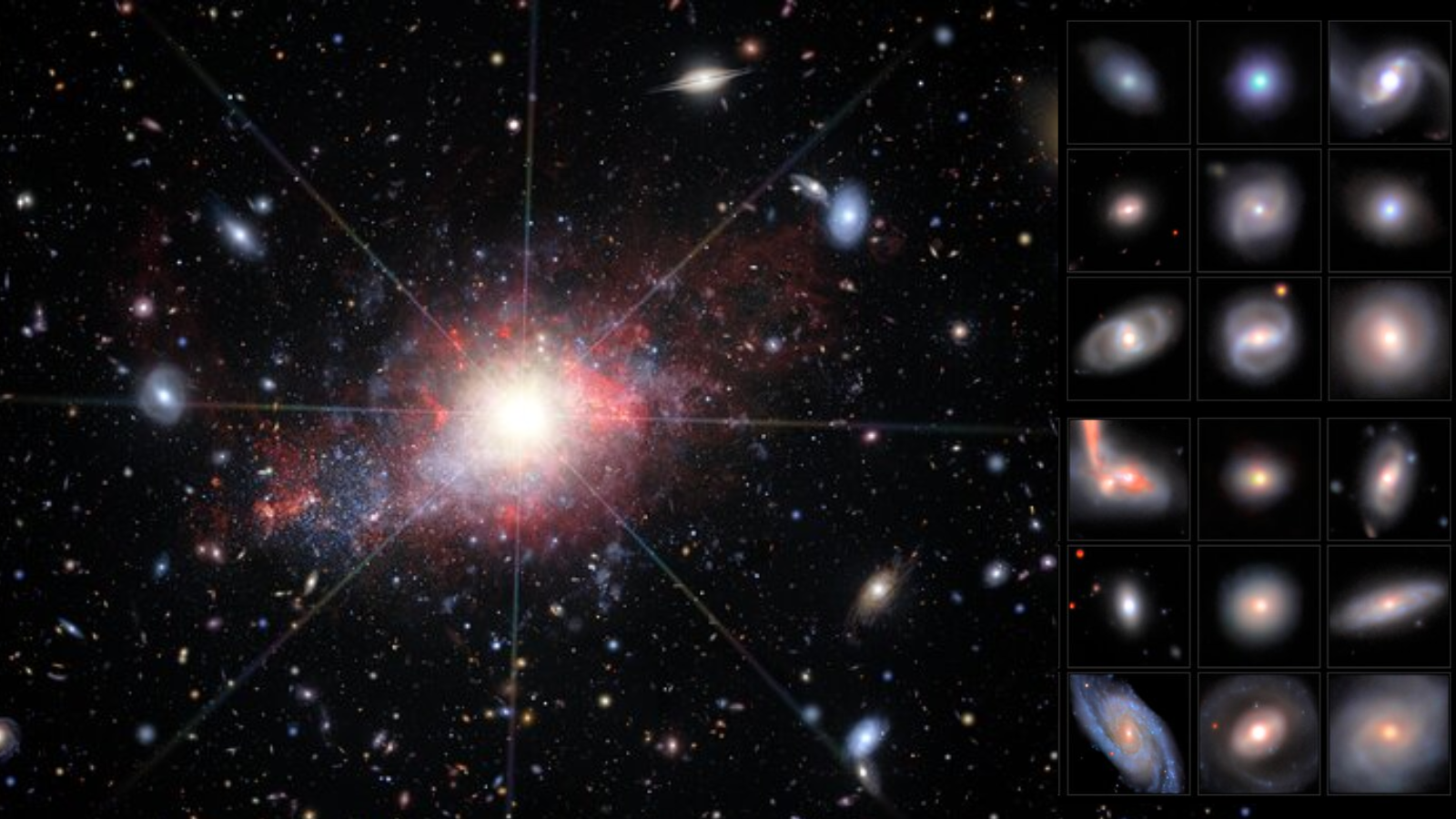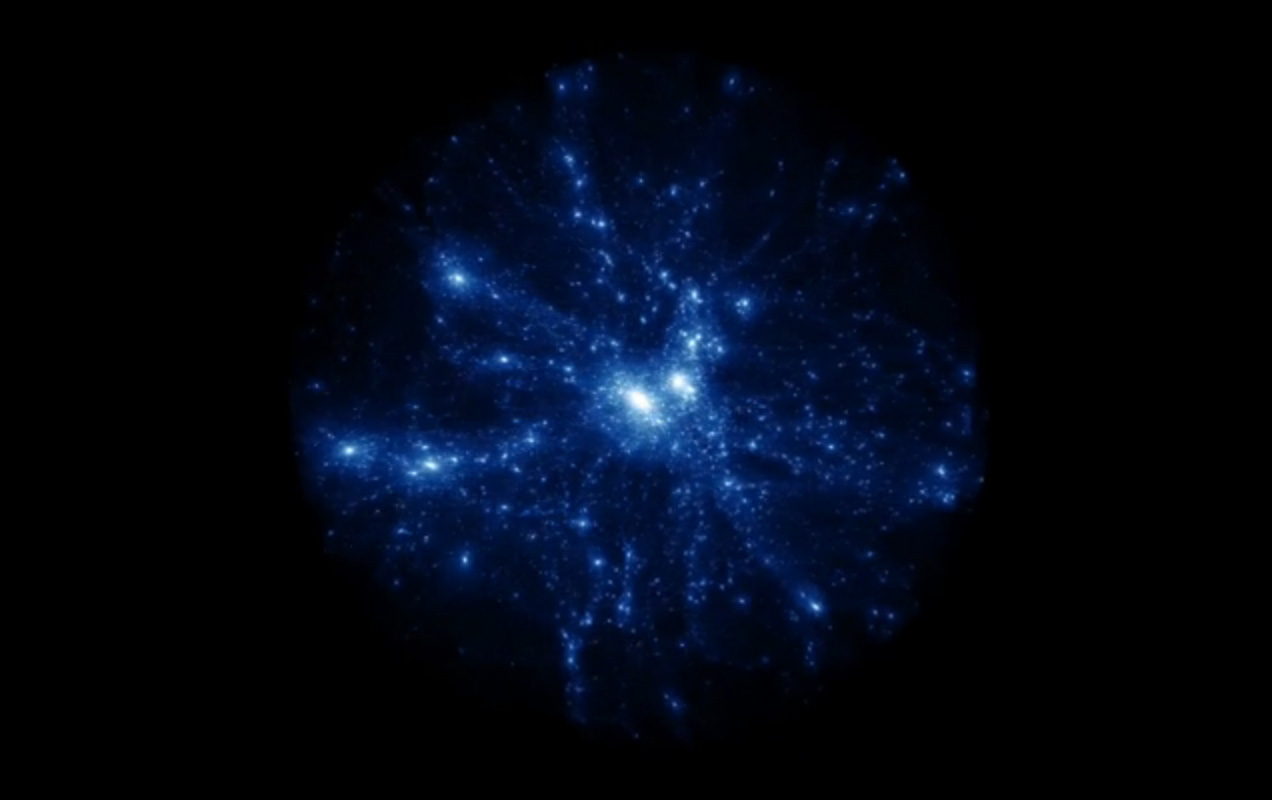How do black holes ‘leak’ energy? Scientists have a new spin on the answer
Black holes may leak more energy to their surroundings than previously suspected — and the faster these voids spin, the more efficient this energy extraction seems to be. With this in mind, a team of scientists has discovered how the disks of gas and dust that swirl around black holes can become the powerful engines … Read more



